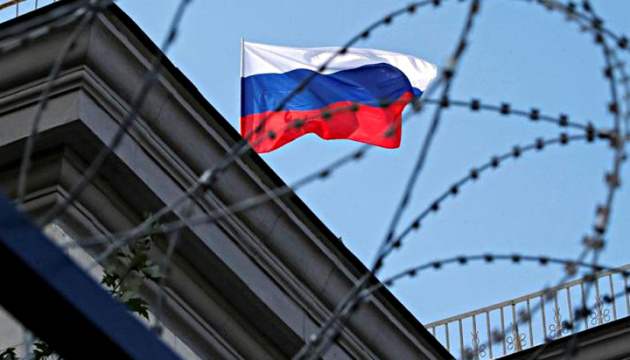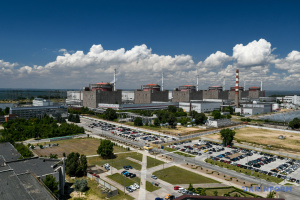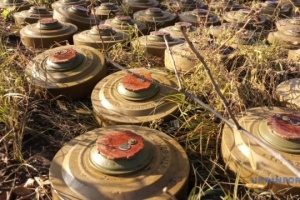
Secondary Russia sanctions ensure against evasion - expert
The opinion was expressed by the adviser to the head of the committee on international trade in the Canadian parliament, partner at the Good Politics communication agency, Anna Lachykhina, who spoke in a comment to Ukrinform.
"The main thing is to strengthen the already implemented sanctions against Russia’s main export industries. It is important to improve the sanctions mechanism and disallow evasion for Russia and those who are ready to contribute to its profits. The solution, which lies on the surface, is about mass application of secondary sanctions," Lachykhina claims.
The essence of the facility, she said, is to introduce sanctions against third parties and entities that buy, process, and sell Russian goods and raw materials on international markets.
"For example, sanctions have already been introduced against direct imports from Russia to the EU and G7 countries, and from March 1 they will be implemented against third countries where diamond raw materials are processed or resold. This should be the case with oil products, gas, and the rest of raw materials and goods that come from Russia," the expert is convinced.
She recalls that in late 2023, the USA took an important step in this direction by imposing secondary sanctions on financial institutions that accompany resale operations regarding Russian goods on any markets.
"At the same time, it is not yet clear whether this step will be effective, and most importantly, whether it will not lead to excessive blocking of transactions according to the principle of ‘by burning milk, you will also blow on water,’” Lachykhina said, expressing her concern.
She adds that analysts assume that such consequences are likely.
"If, for example, a banking institution sees a risk in running financial transactions in some segment where, without even suspecting, you can become an intermediary for a Russian company, it may snub transactions in that market altogether. This could have a negative impact on the economy, including that of the USA, and on companies that do not have any ties with Russia at all," Lachykhina explains.
According to some estimates, it is assumed that as a result of sanctions not covering entire sectors of the economy of the aggressor state, Russia still earns up to $1.5 billion from raw material exports, and in general, $0.5 trillion per year.
As Ukrinform reported earlier, U.S. sanctions had a serious impact on Russia's plans to develop exports of its liquefied natural gas.




